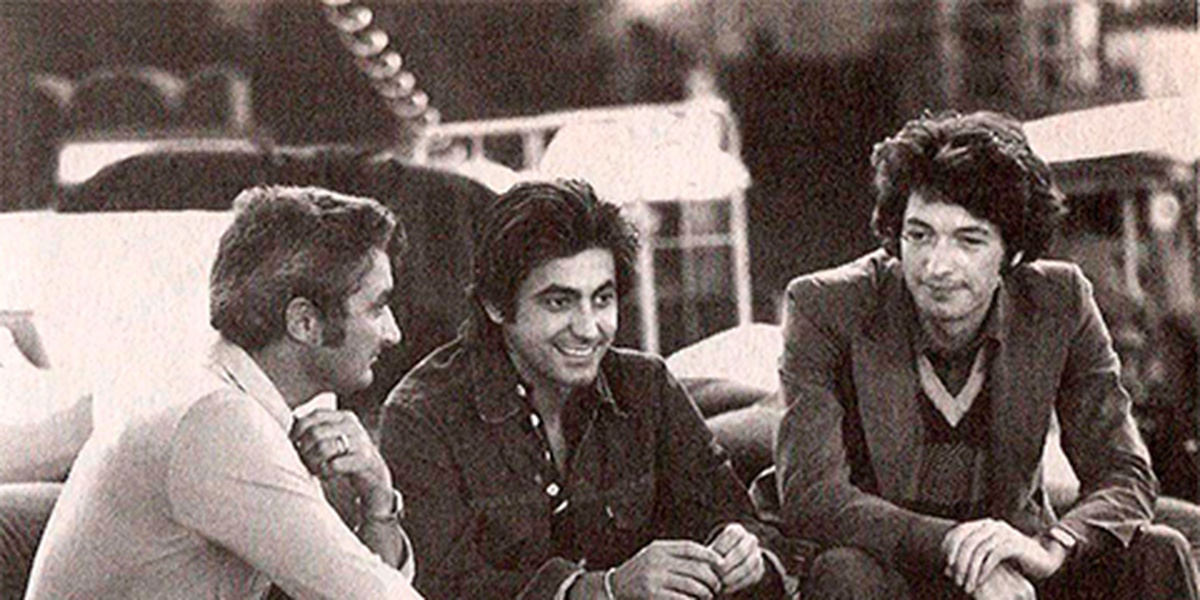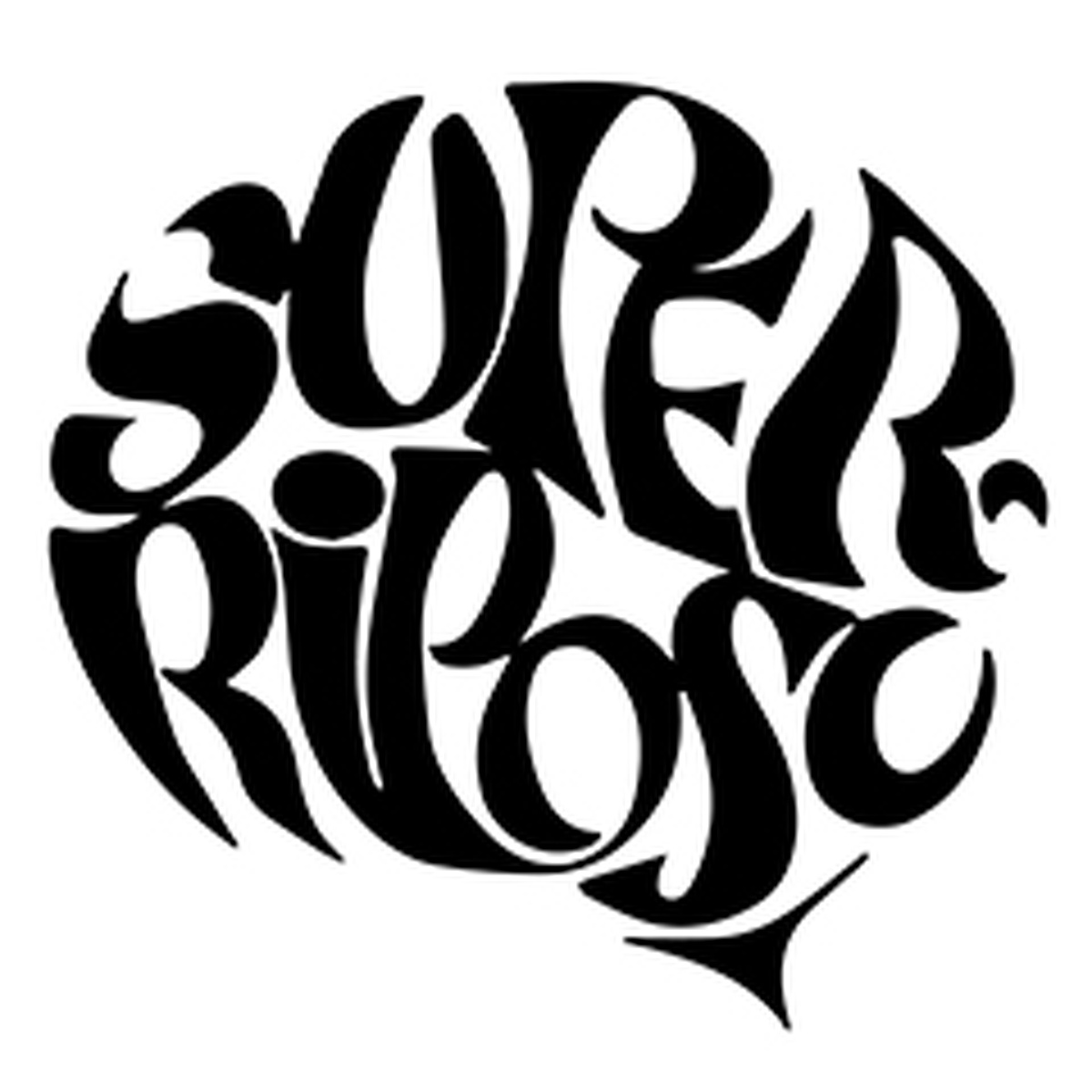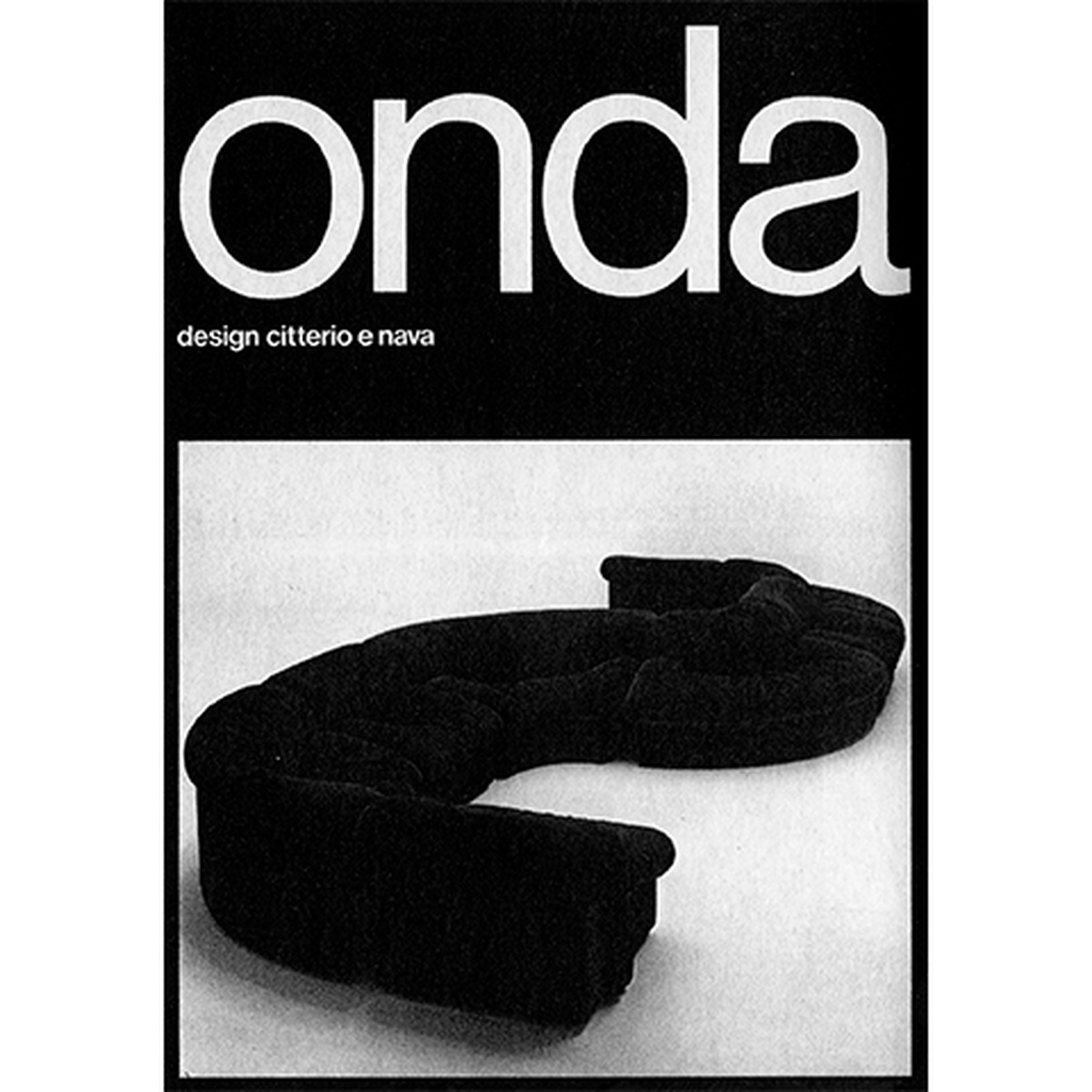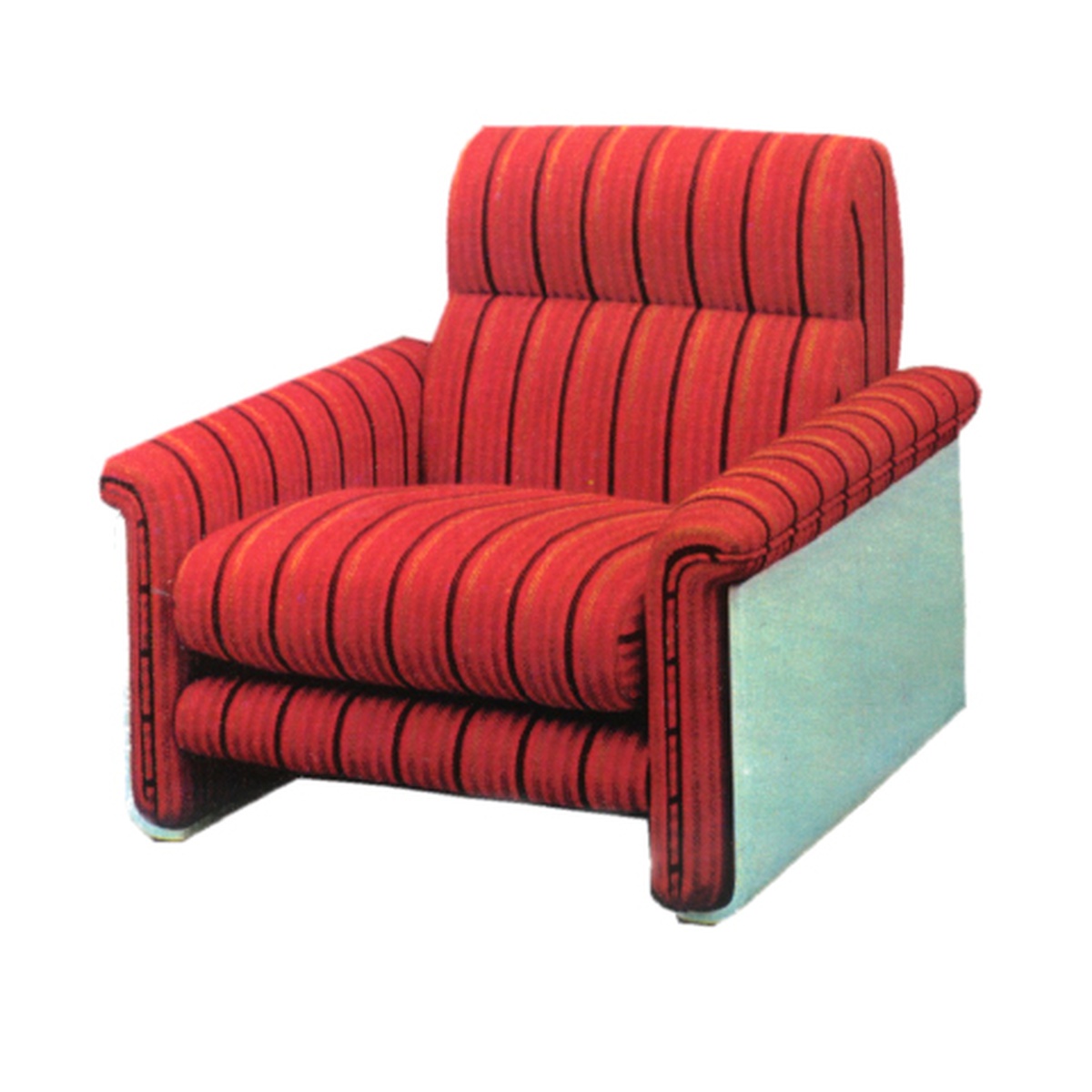Museo del Design del Friuli Venezia Giulia – Associazione di Promozione Sociale
P. IVA e CF 02863400301 – info@mudefri.it
Antonio Citterio and Paolo Nava, in 1968 young architects from Milan stationed in Udine for their military service, came into contact with Moroso. This was the beginning of a successful collaboration.
We see them here together with Agostino, in a photo from 1972.

The economic boom did not need design, products were readily absorbed by the expanding market. The transition, however from the artisanal to the industrial stage led to a progressive division between the craftsman and the entrepreneur, which paved the way to collaborations with designers from outside the company. In 1961 Moroso moved from the small base in Tricesimo to Cavalicco, on the road that runs from Udine to Austria. It was a major change. Still today the factory has its headquarters in Via Nazionale 60.


The collaboration with Citterio and Nava led to a number of products being created, which followed in the wake of what was typically modern in the seventies. Onda was a three-piece modular sofa made up of concave and convex curves and connecting element. It was made from moulded cold-cured polyurethane foam, which was to be highly successful in America. It was upholstered in velvet that resembled what today we call microfiber. The graphics for its launch were designed alongside the product. Graphic designer Alessandro Conti devised the wording Super Riposo, drawing inspiration from Milton Glaser’s American graphics.

Spurred on by the economic boom, Agostino Moroso set up manufacturing on an industrial scale. He replaced the rubber latex padding with moulded polyurethane and, as in this armchair designed by Udine architect Paolo Pannelli, mass-produced the fiberglass shells for the frame. The semi-finished product was stored awaiting finishing, until the time came for it to be assembled.